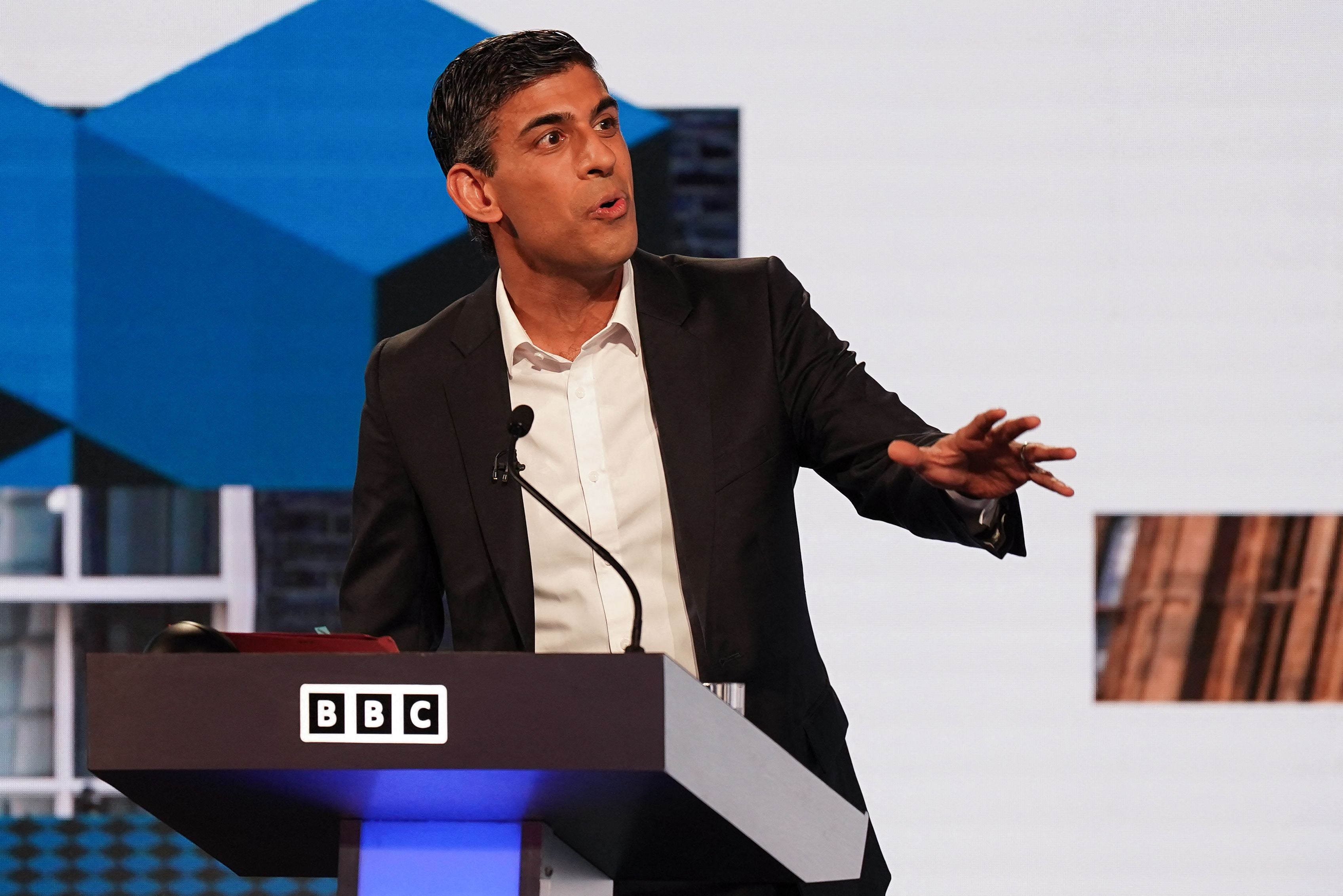They think it’s all over for Rishi Sunak – it is now
Maybe his chance will come again, but for now it’s finished, writes John Rentoul


If William Hague hadn’t felt so threatened by Michael Portillo, Rishi Sunak would be prime minister by now. Portillo was expected to become Conservative leader after the 1997 election, but lost his seat. So Hague became leader instead. Hague pretended to welcome Portillo’s imminent return to the Commons in a by-election, but in the meantime, reinforced his position by rewriting the rules for leadership elections.
Previously, any MP could trigger a contest if two other MPs proposed and seconded their nomination, and the result would be decided by the votes of MPs alone. In 1998, the party adopted new rules that required 15 per cent of MPs to request a vote of confidence in their leader. Only if that vote was lost would an election be held, in which MPs would choose a shortlist of two, with party members making the final decision.
When Portillo did return, in the Kensington and Chelsea by-election in November 1999, he was made shadow chancellor. There was constant friction between the leader and his unofficial deputy for the rest of that parliament, but Hague’s rule-change was successful in preventing a challenge. When Hague resigned, after the 2001 election defeat, Portillo failed by one vote to make the final two whose names were put to party members – who chose Iain Duncan Smith over Kenneth Clarke.
If the Conservative Party had stuck with the old system of allowing only MPs to choose the leader, Clarke would almost certainly have won that election. In that alternative history, the Eurosceptic party membership would have been in revolt against its pro-EU leader and the party might have descended into civil war rather than into mere uselessness.
Assuming the party survived, that alternative history would have given us Prime Minister Sunak now. If the current contest had been decided by MPs alone, there would have been one further ballot, with Penny Mordaunt eliminated. Her vote would probably have split roughly equally between Sunak and Liz Truss. In which case, Sunak would have gone to the palace a week ago and would be in No 10 now.
Instead, he is in danger of humiliating himself. Having resisted further tax cuts generally, and specifically a cut in VAT on energy bills because it would “disproportionately benefit wealthier households”, he last night proposed the “temporary” abolition of VAT on energy bills.
Indeed, it was only minutes after declaring in the TalkTV debate that it was “morally wrong” to load our children and grandchildren with more debt that he announced that this was precisely what he proposed to do, temporarily.
To keep up to speed with all the latest opinions and comment sign up to our free weekly Voices Dispatches newsletter by clicking here
It is only now that we can see clearly how impossible his task was. Among MPs, his nerveless command of the Treasury during the pandemic counted for something. Among party members, less so. He could never decide if he was putting taxes up to save the NHS or if he was holding Boris Johnson back from doing so.
He delivered a Budget last year in which he announced that he was putting taxes up and cutting them. This year he was unpopular for failing to help people with their energy bills and then he wasn’t given much credit when he U-turned. Notably, he U-turned and helped people in an egalitarian way, giving more money to poorer households. Now he has U-turned again in a way which, as he said in February, benefits wealthier households.
But he was already trapped, as the chancellor who had taken decisions, and who could always be outflanked by any of the other candidates who could promise sky-pie tax cuts regardless of whether they were paid for or whether they were fair.
He could have had a consistent story to tell, but he always felt under such pressure to deliver tax cuts that he ended up both contradicting himself and failing to satisfy the demands of party members. The latest U-turn over VAT on energy bills encapsulates that tension in one desperate measure. His leadership hopes were actually finished long ago, as long as at least one of his opponents could maintain a minimum level of credibility – but this confirms it.
He could be prime minister already, in an alternative universe, and he could still be prime minister in the future, but in this world, this time, it is more or less over.






Join our commenting forum
Join thought-provoking conversations, follow other Independent readers and see their replies
Comments